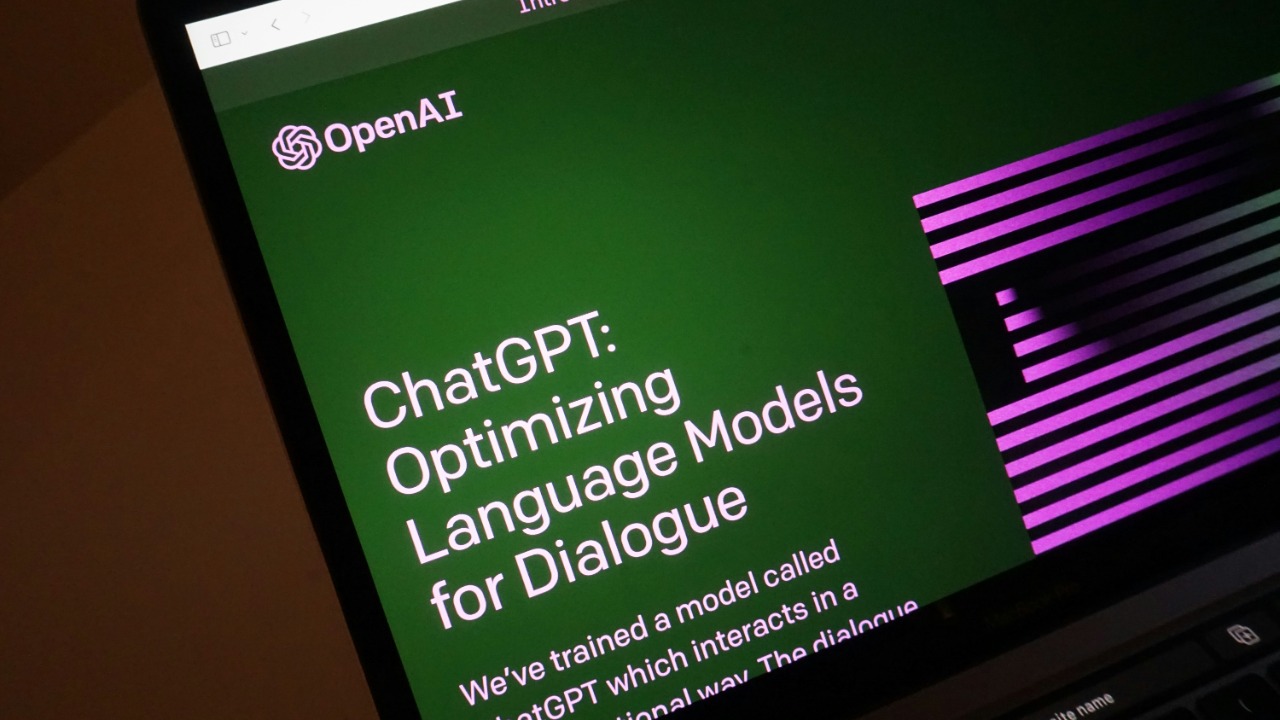
Recent reports have raised concerns about data privacy in AI interactions, following a glitch in ChatGPT that allegedly caused user prompts to leak in unexpected places, including Google Search Console. This issue, spotlighted in investigations published on November 7, 2025, underscores how system errors can expose sensitive information beyond intended platforms.
The Nature of the Glitch
The technical malfunction in ChatGPT that led to this unexpected leakage of prompts is a stark reminder of the potential vulnerabilities in AI systems. Internal system errors allowed prompts, which should have remained within the confines of the AI environment, to surface externally. This anomaly was detected through Google Search Console, a tool used for monitoring and troubleshooting websites’ presence in Google Search results.
Initial signs of the glitch were subtle, with unexpected outputs in user sessions that deviated from normal behavior. These anomalies, while seemingly insignificant at first, were the first indications of a larger issue at hand, one that would soon raise serious concerns about data privacy and security.
Discovery of Leaked Prompts
Developers and users began noticing prompts appearing in non-ChatGPT environments, such as web search tools. The timeline of the discovery coincides with reports from November 7, 2025, that confirmed the leakage. This unexpected appearance of prompts in external environments raised immediate red flags, prompting further investigation.
Verification methods were employed to confirm that the prompts originated from ChatGPT interactions. This confirmation not only validated the concerns raised but also underscored the gravity of the situation, as it pointed to a significant breach in the system’s security protocols.
Specific Locations of Leakage
Google Search Console emerged as a primary site where leaked prompts were indexed and visible. This revelation was particularly concerning, given the wide reach and accessibility of Google’s search indexing tools. The visibility of these prompts in such a public and widely used platform amplified the potential risks associated with the glitch.
Reports also suggested that prompts may have appeared in other unexpected digital spaces. The vulnerability of these locations to such exposures from AI systems raises questions about the robustness of current security measures and protocols in place.
Potential Causes Behind the Glitch
Possible software bugs in ChatGPT’s backend could have triggered the prompt leaks. Expert analyses from the reporting suggest that API integrations might have contributed to the glitch. This highlights the potential risks associated with integrating AI systems with external services and platforms.
Environmental factors, such as high traffic volumes, could also exacerbate such glitches. This underscores the need for robust and scalable security measures that can effectively handle high volumes of data and interactions.
User Impact and Privacy Concerns
The glitch posed significant risks to individual users whose prompts were leaked, potentially exposing personal data. This incident has broader implications for trust in AI tools like ChatGPT. Affected parties, as noted in the coverage, expressed concerns about the potential misuse of their data.
The incident has also raised questions about the adequacy of current data privacy measures in AI interactions. It underscores the need for stringent data privacy protocols and measures to prevent such incidents in the future.
OpenAI’s Response to the Incident
OpenAI, the organization behind ChatGPT, issued official statements addressing the glitch and leakage reports. Immediate actions were taken, including system patches and investigations launched post-discovery. The transparency level in OpenAI’s communication about the ChatGPT vulnerability was commendable, demonstrating their commitment to addressing the issue promptly and effectively.
Technical Analysis of the Leak
Technical analysis of the leak revealed how prompts escaped ChatGPT’s secure environment into external tools. Forensic details from reports pointed to data flow errors in AI processing as a potential cause of the leak. This glitch bears similarities to past incidents in AI platforms, underscoring the need for continuous improvement and refinement of security measures in AI systems.
Industry-Wide Repercussions
The ChatGPT glitch has prompted reviews of security in other AI services. The incident drew regulatory attention, as highlighted by the November 7, 2025 reports on prompt leaks. This could potentially lead to stricter regulations and standards for data handling in AI systems.
The incident could also have long-term effects on AI adoption, with potential users becoming more cautious and demanding higher standards of data privacy and security.
Lessons for AI Development
The incident provides key takeaways for preventing future prompt leakages in large language models. It suggests best practices for integrating AI with external services like search consoles, emphasizing the need for robust security measures and protocols.
The incident also reflects on the evolving privacy safeguards in AI, highlighting the need for continuous improvement and refinement in response to emerging challenges and vulnerabilities.
More from MorningOverview